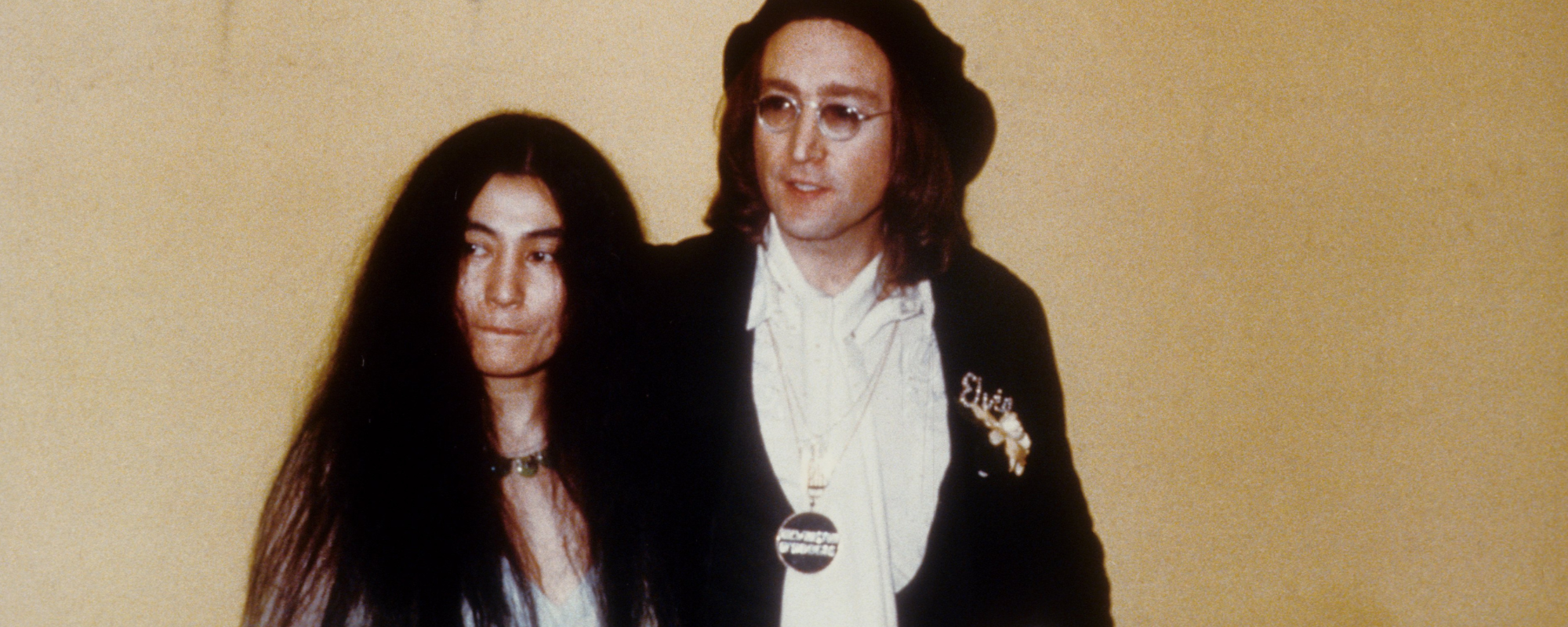To be sad in silence can sometimes seem impossible to bear, but sadness set to music can serve as a paradoxical salve for these raw emotions—an iconic Don McLean song from his 1971 album American Pie is certainly no exception. No, we’re not talking about the title track, although it could reasonably fit into the same category of cathartically sad McLean songs.
Videos by American Songwriter
This song, which McLean later said made people “glad to be unhappy,” is about an iconic artist who left this mortal coil six decades before the day the music died McLean sings about in “American Pie.”
The Don McLean Song That Made People “Glad To Be Unhappy”
While we most often associate Don McLean with the opening title track off his 1971 album American Pie, the prolific singer-songwriter delivered just as heavy of a smash hit two songs later with track No. 3, “Vincent.” The touching ode to the famously troubled painter Vincent Van Gogh expertly blends colorful imagery and emotional writing to create a song that’s as poignant as it is hopeful. McLean speaks to Van Gogh directly, offering an empathetic artist’s perspective as he sings the lines, Now I understand what you tried to say to me and how you suffered for your sanity.
In a 2010 interview, McLean recalled coming up with the idea for “Vincent” while working in a school system as a classroom performer in 1970. “I was sitting on the veranda one morning, reading a biography of Van Gogh. Suddenly, I knew I had to write a song arguing that he wasn’t crazy. He had an illness, and so did his brother, Theo. That makes it different, in my mind, to the garden variety of ‘crazy.’ So, I sat down with a print of “Starry Night” and wrote the lyrics out on a paper bag.”
McLean mused Van Gogh’s iconic, swirling cityscape made the observer “glad to be unhappy,” much like his musical tribute to the artist who created it. “No matter how happy or hopeful I am, I always tend to drift back to that,” he told The Telegraph in 2010. “It’s underneath all the music I’ve ever written. An artist is trying to tell you how he’s feeling. And if that accidentally becomes entertaining, it becomes a career.”
An Inspiration and Reaffirmation For Artists Everywhere
Whether a painter in the 19th century like Vincent Van Gogh, a folk songwriter in the 1960s and ‘70s like Don McLean, or someone reading this right now, it seems like artists of all eras possess an inherent sense of alienation from the world around them. Even if their art can speak to others, the creative well from which these creatives pull their music, paintings, or otherwise seems to spring from them feeling disconnected or different from others. McLean certainly found parts of himself in Van Gogh’s plight.
McLean was married to his first wife, Carol Sauvion, when he wrote “Vincent.” The songwriter described their relationship as a “bad marriage that was torturing me,” although he admitted that his experience with deteriorating mental health was far less severe than Van Gogh’s. Nevertheless, his connection to melancholy and longing for something happier was something Van Gogh frequently translated into his paintings, including “Starry Night.”
As Van Gogh demonstrated in the late 1800s and McLean reaffirmed in 1971 with his heartstring-tugging song, sometimes, the best thing you can do with sadness that just won’t go away is try to find the beauty hiding within it.
Photo by kpa/United Archives via Getty Images













Leave a Reply
Only members can comment. Become a member. Already a member? Log in.